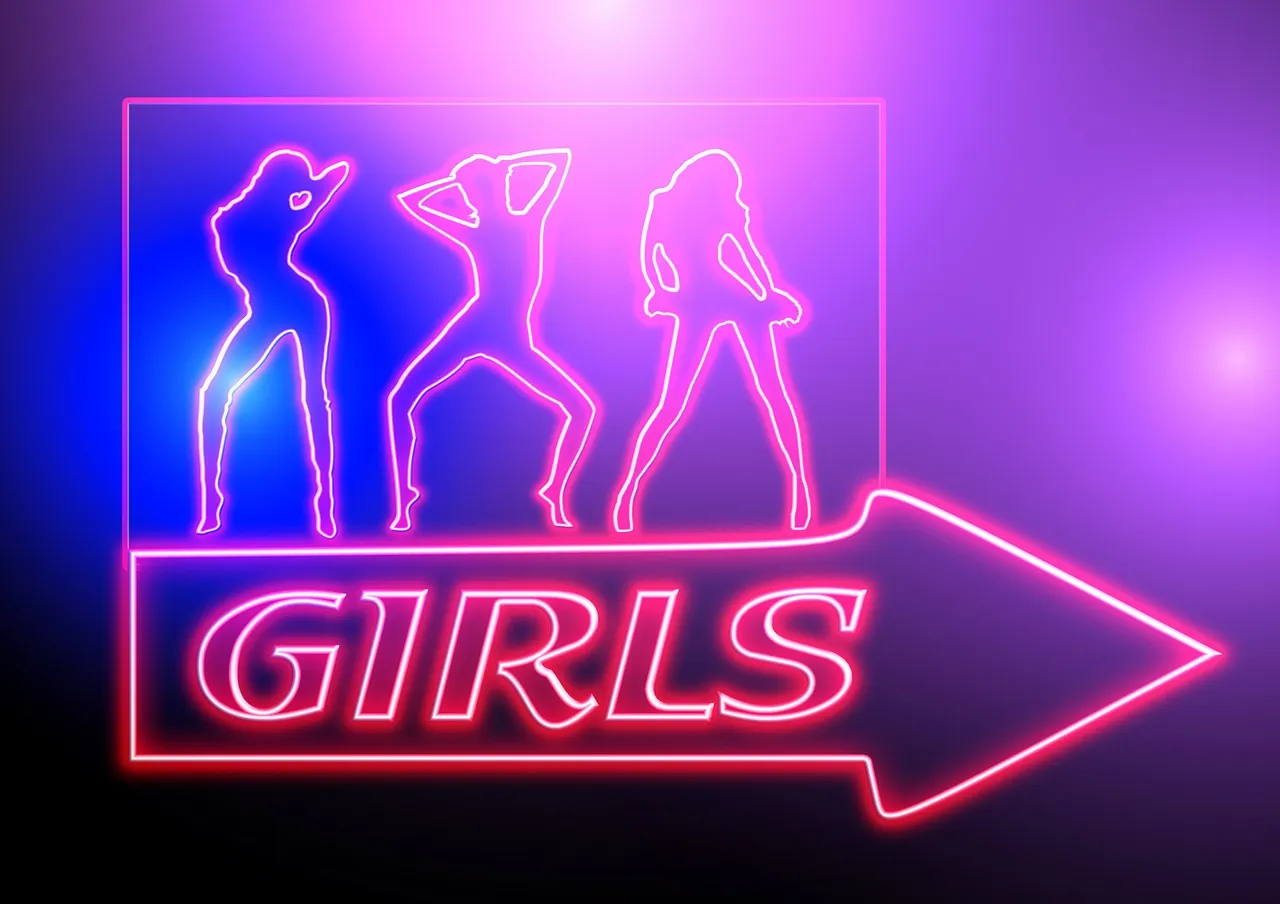Table of Contents
MEDIA RELEASE
24 June 2023
As New Zealand marks the 20th anniversary of the decriminalisation of prostitution by the thinnest of margins (one abstention), an in-depth review of the effects of the 2003 prostitution law change has revealed a huge gap between the reputation of the law and its actual impact.
The detailed analysis challenges the assumption that the decriminalisation of prostitution has been a success, finding the benefits of the Prostitution Reform Act 2003 (PRA) have been exaggerated and its shortcomings ignored, denied or hidden.
Based on Government data and multiple Official Information Act (OIA) requests over several years, “IS IT WORKING? An evidenced-based review of the decriminalisation of prostitution in New Zealand” was written by Auckland researcher Tony Pitt and UK-based Helen Johnson from Stand Against Sexual Exploitation (SASE) and published by Family First.
The report highlights several significant concerns:
- Increased numbers of prostitutes. The New Zealand Prostitutes’ Collective has failed to collect accurate data on the numbers of people involved in prostitution, despite being contracted by the Government to do so. While solid data is lacking, the NZPC reported engaging with 7416 prostitutes in the first half of 2019 – more than three times the figure quoted by the Prostitution Law Reform Committee in 2008.
- Health and safety violations – and the reality of violence. Continuing health and safety violations include coercion into unwanted sex acts, high levels of violence, physical injury, unsafe sex, and exploitative practices such as long working hours. Violence is a risk every prostitute takes on a daily basis. Assault, rape and strangulation are not uncommon.
- Low rates of reporting and prosecuting violations. Fewer than 20 per cent of those who had been physically assaulted reported it to the police. Since 2003 there have been only two prosecutions for coercion – committed usually by women’s managers (pimps) – despite repeated reports that it happens frequently.
- The black market. The industry realities of gang involvement, child exploitation and internal trafficking are largely denied or ignored by the NZPC. The Ministry for Children confirmed that under-age prostitution was not a target area and that no funding had been made available to tackle it.
- Lack of support for exiting the industry. No resources have been provided to support women who wish to exit the industry. When the law reform was being debated, it was promoted as helping to prevent entry and facilitate exiting, however the NZPC does not support that approach.
- Brothel inspections: mandated but not happening. Only 11 brothel inspections were made across the whole of New Zealand in a decade.
- Failure to implement recommended changes: A review of the law reform in 2008 made 28 recommendations, however, only 11 have been followed through in any way.
Despite dangerous conditions continuing, New Zealand’s prostitution law reform has been widely lauded – particularly overseas – as beneficial for the women involved. The report identifies the main reason for this misinformation: the conversation is dominated by the New Zealand Prostitutes Collective (NZPC), a lobby group whom the Government relies on overwhelmingly for information regarding any issue related to prostitution. The report finds that the NZPC does not provide support for those wishing to exit, has no official contact with the black market of prostitution, and plays down the industry-wide realities of violence and exploitation – denying the existence of under-age abuse and internal trafficking, rejecting the voices of exited women, and amplifying the voices of pimps.
When implementing the law reform in 2003, Parliament was clear that its impact should be fully scrutinised. Five years later, in 2008, the Prostitution Law Reform Committee’s review of the new law recommended assessing it again in 2018. Such an assessment never happened, and the Ministry of Justice says there are no plans to review the law again – in spite of the fact only 11 of the 28 recommendations made by the 2008 review have been implemented.
When the law reform was being debated, many MPs had misgivings about supporting it. They told their fellow politicians that nothing in the proposed Prostitution Reform Act increased the protection of the human rights of any prostitute. In particular, they claimed the legalisation of pimps, previously classified as criminals, along with simultaneously putting constraints on the police, made it doubtful the promised intentions of the law could be enforced. This report fully vindicates their concerns.
The report makes a number of recommendations, including a focus on child sexual exploitation and trafficking; funding and resourcing exiting and prevention (including awareness of the impacts of pornography); and ultimately, the recriminalisation of brothels and pimping.









